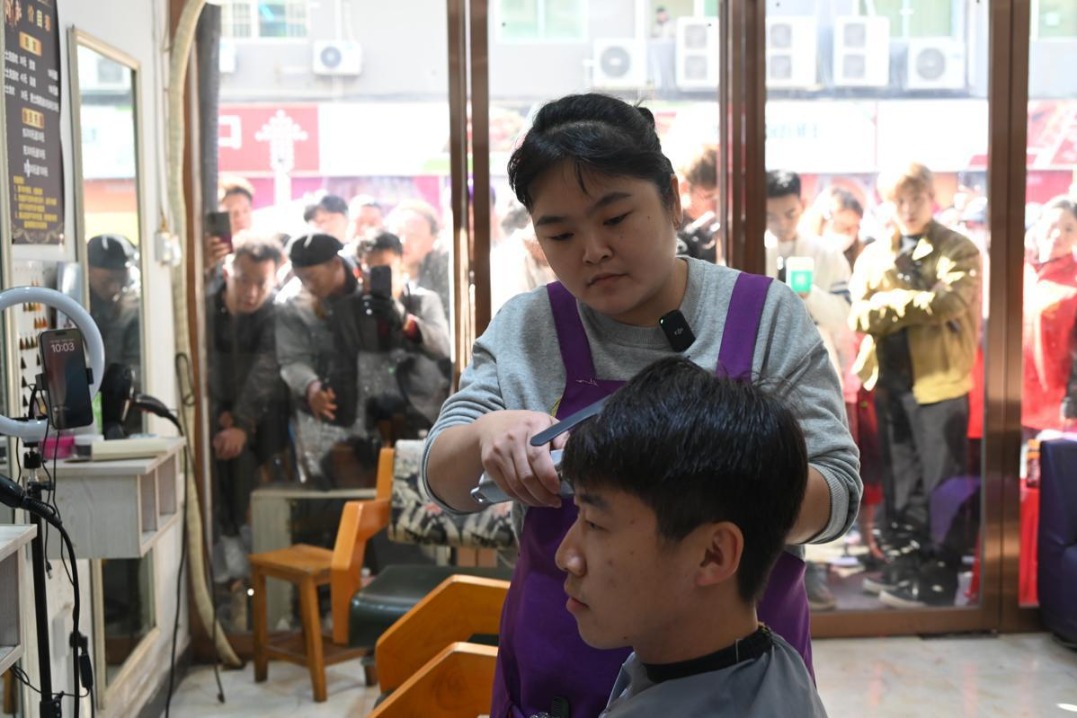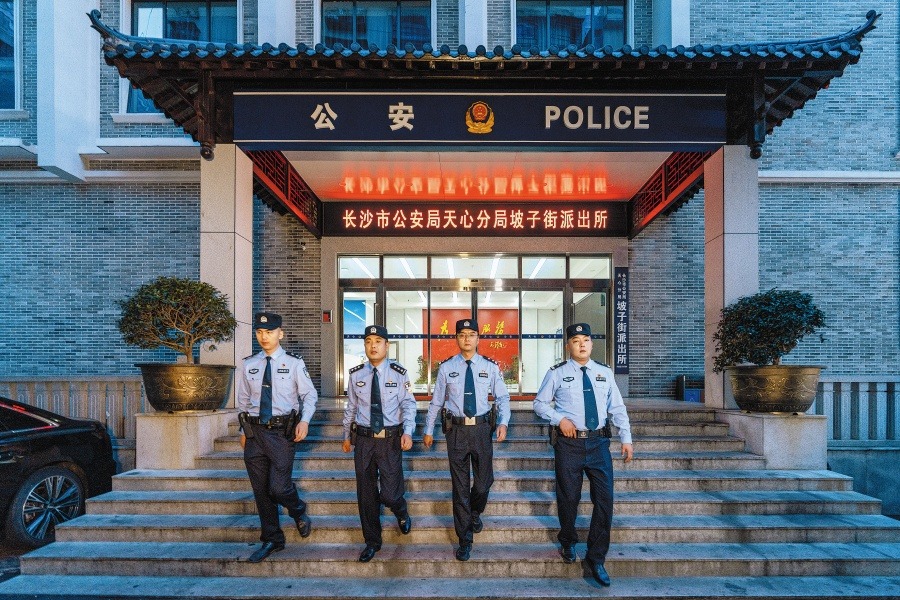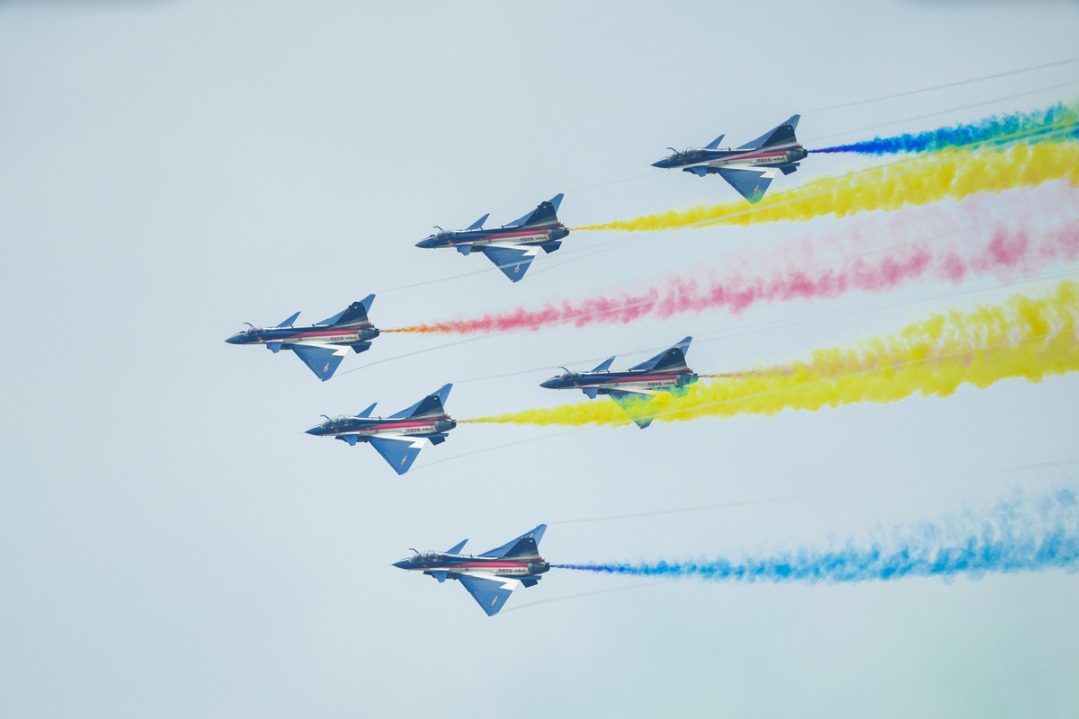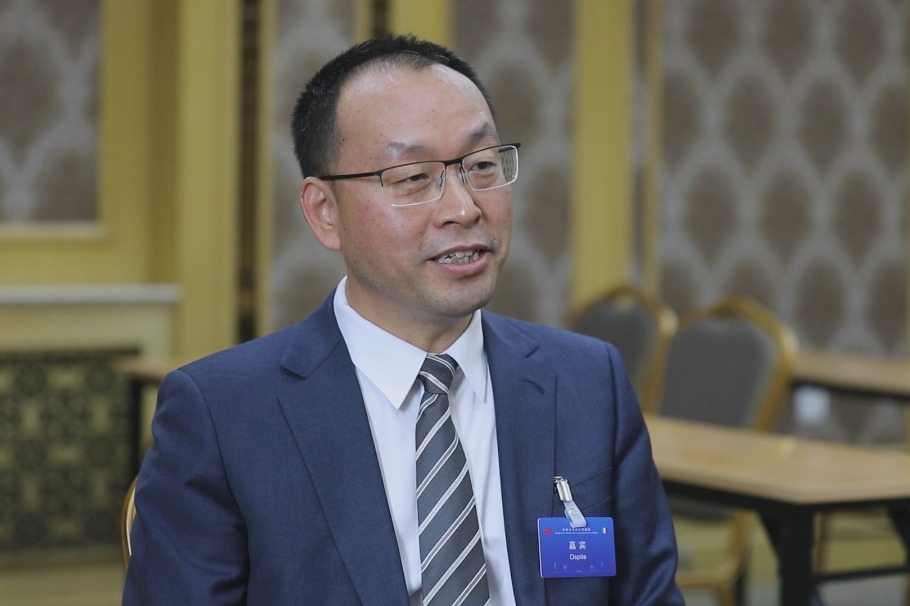Expert: A celebratory gift should return to its basic purpose

Giving cash gifts for newlyweds is not only a form of blessing but also an economic support for families celebrating joyous occasions. This form of support serves as an investment in future interactions, ensuring that when one's own family requires assistance in the future, there will be a potential return on this investment. It encompasses functions such as investment, financing and security.
Data released by organizations in recent years has shown that expenditure on cash gifts and its proportion within total personal expenditure has been increasing, accounting for 10 to 20 percent of a household's annual total spending, with rural areas having a slightly higher proportion compared to urban areas.
A clear observation is that about a decade ago, giving 200 yuan ($28) as a gift was considered respectable, but now one might need to give 500 yuan or even more to feel presentable. Gift-giving has become more standardized — if one chooses to give, it should mee

t the generally accepted appropriate standards. Therefore, the amount of money given as gifts is increasing.
Furthermore, from the perspective of social relationships, the stronger and deeper the relationship, the more likely individuals are to use higher amounts of money to demonstrate the intimacy of the relationship.
With the increased mobility in modern society and the expansion of social circles, some young people who are not at the center of our relationships may also invite us to their weddings. This can lead to concerns such as whether it is necessary to attend the wedding. Many young people also worry that due to the lack of familiarity in the relationship, the gift given might not result in a reciprocal gesture in the future.
A rational approach to gift money should first involve returning gift-giving to its original meaning. A gift is a blessing; the amount of money is not important. What matters is the blessing we convey through the money we offer.
There are some forms of gift-giving that are worth promoting. For example, couples now share their wedding invitations on social media platforms, where friends can send their blessings through the electronic invitation, along with a gift.
Additionally, the rising trend of the mutual exemption of cash gifts among young people is commendable. This approach involves both parties communicating and mutually agreeing on a way to alleviate the pressure on each other significantly.
Furthermore, weddings entail expenses for purchasing various items. Individuals can offer their expertise as a gift. If you are a pastry chef, you could create a wedding cake. Similarly, if you are a makeup artist, you could provide your services for the wedding makeup.
Wedding gifts can come in the form of monetary gifts, services, or practical items that the couple can use immediately in their new home. These approaches aim to revive the original mutual assistance function of gift-giving, expressing blessings in a warm and sincere manner.
They aim to make weddings simple, lively and cost-effective, where everyone gives according to their ability and receives based on their needs, without using the amount of money to measure the depth of relationships.
Most importantly, these forms of gift-giving serve as evidence of our past strong relationships and contribute to fostering even better relationships in the future.
Feng Hua spoke with Zhang Yi.
- Expert: A celebratory gift should return to its basic purpose
- New combat drone developed
- 3 child rapists executed in China
- Chinese vice-premier stresses common but differentiated responsibilities in strengthening global climate governance
- Chinese pangolin captured in rare images
- Full Text: Address by Chinese Vice-Premier Ding Xuexiang at World Leaders Climate Action Summit





































